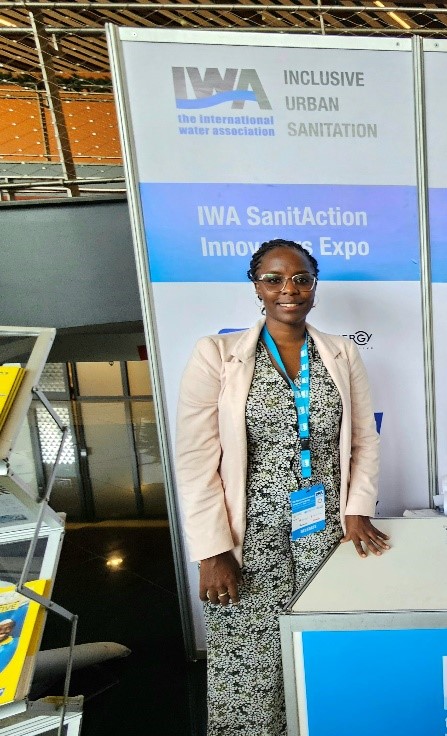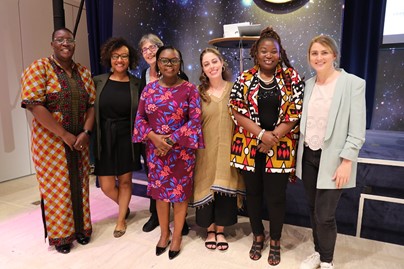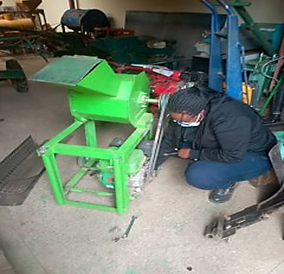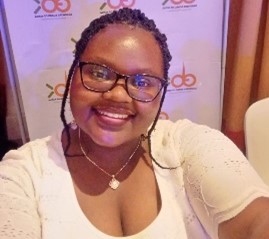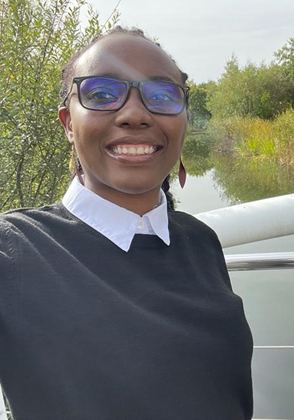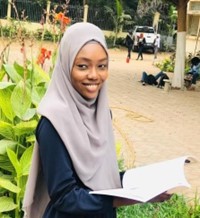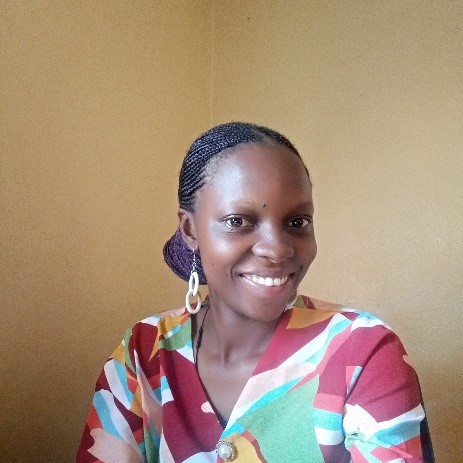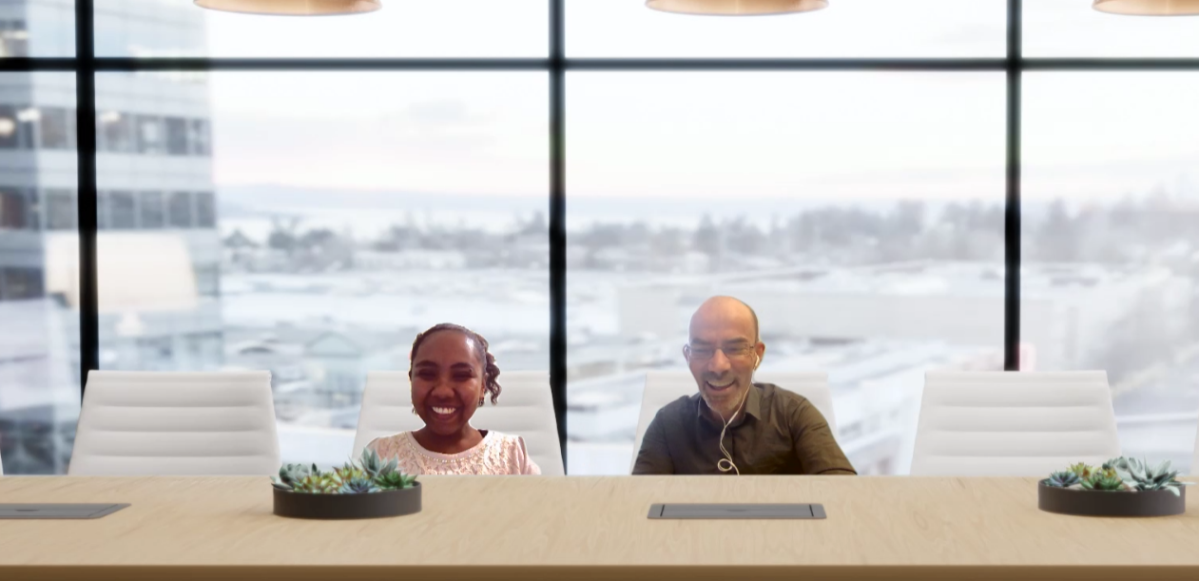This blog is written by Mercy Hinga, a Water and Sanitation Engineer.
Photo: Attending the International Water Association Sanitation Conference and Expo. Photo Credit: Merch Hinga, 2023
In the dynamic realm of Science, Technology, Engineering, and Mathematics (STEM), mentorship stands as a powerful catalyst in propelling the aspirations of Kenyan women in the water sector towards attaining Sustainable Development Goal 6 (SDG6) – safe water and sanitation for all. Across the continent, where opportunities in the sector remain uneven, mentoring emerges as a beacon of hope, connecting emerging talents with seasoned professionals towards increasing skilled and diverse talent in the water sector.
A significant challenge faced by African women in STEM within the water and sanitation sector is the scarcity of role models and avenues for skill development. Imagine being a young engineer without a senior female mentor to turn to for guidance? This absence profoundly impacts motivation and career aspirations. This encounter motivated me to coordinate numerous meetings connecting a senior female engineer with my fellow graduate female colleagues, offering a platform for connection, guidance, and access to resources that would otherwise remain out of reach.
The impact of mentorship extends beyond personal growth; it shapes the future of STEM in Africa and communities at large. Drawing from personal experience in the Rural Water Supply Network (RWSN) mentorship program, my trajectory was transformed. This mentorship not only encouraged further education but also led to the prestigious Chevening Scholarship, shaping my career advancement. Furthermore, participating in the mentorship project Mentoring future women graduates in STEM in Africa implemented by the University of Plymouth and funded by the Royal Academy of Engineering (RAE) has played a crucial role in shaping my career aspirations in leadership and management. This has been achieved through engaging sessions with my mentor and fellow participants in the program.
While there has been tremendous improvement in the inclusion of women in water utilities, consulting firms, research institutions, and NGOs, it’s crucial to acknowledge that the glass ceiling has not yet been shattered. For instance, less than one in five water workers are women, according to new research by the World Bank’s Water Global Practice. Women are also underrepresented in technical and managerial positions where, in sampled utilities, on average only 23 percent of licensed engineers are women. This is contributing to an ongoing deficiency in the representation of women in both the expansion and leadership aspects of the field. More women need to secure seats at the table where decisions are made to ensure that diverse perspectives shape the future of the water and sanitation sector.
Mentorship plays a pivotal role in breaking barriers, extending its reach from low cadres to mid-level and management positions. To truly shatter the glass ceiling, mentorship programs should not only focus on professional development but also advocate for a conducive work-life balance. It is essential to empower women to enjoy what they do in the sector, fostering an environment where their contributions are not only recognized but also celebrated.
In my opinion, mentorship initiatives should extend beyond traditional hierarchies, creating networks where women can learn from each other at all levels. Establishing women’s networks within the sector provides a platform for sharing experiences, insights, and strategies to navigate challenges. These networks become invaluable sources of support, fostering a sense of community and mutual empowerment.
In conclusion, let us recognize mentorship as a powerful catalyst propelling African women’s engagement and success in the water and sanitation sector. Just as the proverb “it takes a village to raise a child” signifies collective support in nurturing future generations, supporting African women in the water and sanitation sector demands a collective effort. I believe that it is crucial for existing systems to champion and support the talents of women in STEM, fostering an environment where their contributions are not just acknowledged but celebrated, driving progress and innovation in these critical fields.
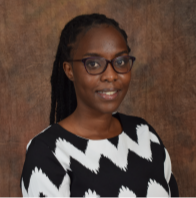
Mercy Hinga is a Water and Sanitation Engineer specializing in WASH Projects business models and financing. She is also a mentee with the Mentoring future women graduates in STEM in Africa project by the University of Plymouth and funded by Royal Engineering Academy UK.

